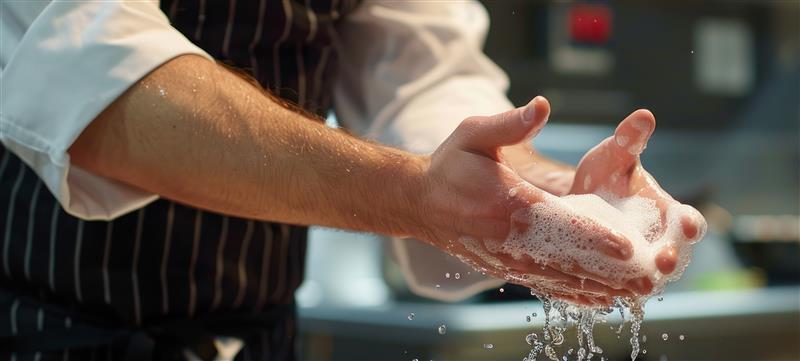Over the last year, the HSE reported 11,403 enforcement notices being issued by all enforcing bodies and Health and Safety fines in England Scotland and Wales to have more than doubled, from £18.1million to £38.3million.
Shield Safety wants to help you avoid being a contributor to these figures. Our Auditor and Senior Environmental Health Practitioner, Lorna Wilcox, has both Local Authority and Private Sector experience – so who better to provide you with some handy info so you’re fully prepared?
Will an Officer visit my business?
The Health and Safety at Work Act and associated regulations are enforced by Health and Safety Executive (HSE) Inspectors or Local Authority Officers. The HSE has released a summary of national planning priorities for 2016-2017. So, your business will only receive a reactive inspection in the event of a complaint, incident, accident, poor performance, trends and local issues or due to the monitoring of RIDDOR reports.
Officers will only conduct proactive inspections where they have received information stating risks are not being suitably managed or for high risk activities within specific Local Authority enforced sectors. So watch out if you operate in…
| High risk sectors | Hazards | High risk activities |
|
• Other respiratory infections |
|
|
• Trapping, entanglement, crushing, amputation |
• Work at height • Cutting machineryand moving parts • Lifting equipment |
|
• Slips, trips and falls • Manual handling injuries |
• Lifting, carrying, pushing and pulling |
Premises with vulnerable working conditions:
• Cash handling • Betting shops • Off-licenses • Hospitality |
• Intimidation |
• Working with persons under the influence (alcohol, drugs etc.) • Working with demanding clients and challengingbehaviours • Remote and isolated working • Night working |
Large scale public gatherings:
• Festivals • Live music • Cultural events |
• Violence and disorder • Noise exposure |
Crisis and disaster management • Sound testing
|
In the event of both proactive inspection possibilities, Local Authorities are able to determine whether this type of inspection is the most effective intervention.
What happens during a Health and Safety Officer visit?
During the inspection the Officer will walk around the premises and check that your work activities, equipment and welfare arrangements are compliant with the law, that you have an adequate Health and Safety Management System and suitable procedures in place and adequate provision to train, instruct and supervise colleagues.
The new Health and Safety Strategy ‘Helping Great Britain Work Well’ was released in February 2016 and pinpoints the role of Officers during inspections. This includes to recognise and encourage improvements and to work with partners to make workplaces safer and healthier. Outcomes should be supported by proportional and risk-based regulation, supported by sharing knowledge and providing simple and practical advice and support.
What documents will an Officer look for?
-
• Health and Safety Policies
• Risk Assessments
• Accident Records
• Training Records
• Maintenance Records
If serious issues are identified, Officers have the right to take action, which can involve informally giving advice, issuing an improvement notice, prohibition notice or prosecution.
Are you safe and legal?
Shield Safety produce tailored Health and Safety Management Systems with specific safety procedures, provide advice through our unique Helpline Service and have experienced Environmental Health Practitioners who can assist you further.
For more information about how we can help keep your business and customers safe, visit our homepage or call us today on 020 3740 3744.
The information contained in this blog article has been created for marketing purposes and is not official guidance and should not be used as a substitute for official Food Safety, Fire Safety and Health & Safety advice. Shield Safety take no responsibility if the information in the blog article is used to form part of a safety management system or used to form part of any legal or regulatory compliance for your business. For official guidance and to engage with Shield Safety services please do call our team on 020 3740 3744 or email hello@shieldsafety.co.uk.



